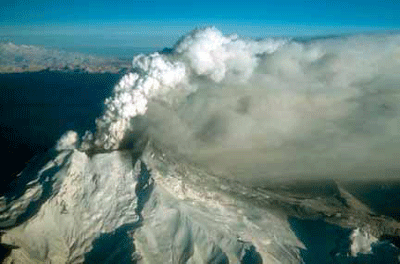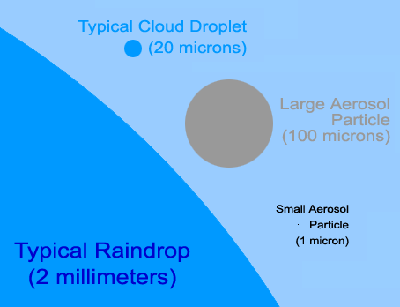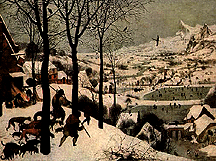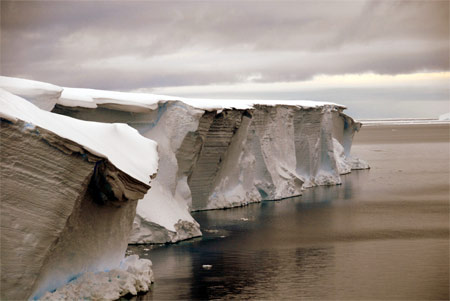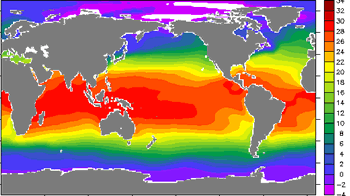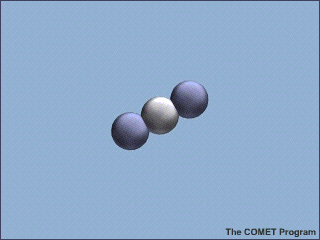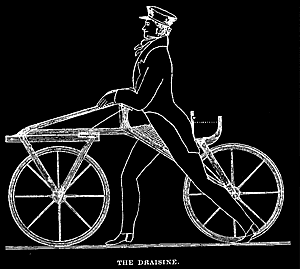
Illustration from French patent
The Year Without a Summer
Odd things happened during the summer of 1816. Snow fell in New England. Clouds and gloomy cold rains covered Europe. The weather didn’t seem like summer weather at all. It was cold and stormy and dark. The year became known as “The Year Without a Summer.”
The reason for the lack of summer weather in Europe and North America could be found on the other side of the planet - at Indonesia’s Mount Tambora.
On April 5, 1815, Mount Tambora, a volcano, started to rumble with activity. Then, it erupted for four months, the largest eruption in recorded history. Many people close to the volcano lost their lives. Mount Tambora ejected so much ash and aerosols into the atmosphere that the sky darkened and people could not see the Sun. These particles spread through the atmosphere over the following months and had a worldwide effect on climate. Earth’s average global temperature dropped three degrees Celsius. The effect was temporary. Eventually, ash and aerosols released by the volcano fell out of the atmosphere, allowing the sunshine through.
The change in climate during the year without a summer had many impacts in Europe and North America. The cold weather and lack of sunshine made it difficult to grow crops, increasing the price of food. The price of oats increased making it more expensive for people to feed their horses. Since horses were the way people got from one place to another, expensive oats meant that the cost of travel increased. This may have helped inspire a German man named Karl Drais to invent a way to get around without a horse: the bicycle.
The gloomy summer weather also inspired writers. During that summer-less summer, three British writers were on vacation in Switzerland. Trapped indoors by constant rain and gloomy skies, the writers described the bleak, dark environment of the time in their own ways. Mary Shelley wrote Frankenstein, a horror novel set in an often stormy environment. Lord Byron wrote the poem Darkness, which begins, “I had a dream, which was not all a dream. The bright sun was extinguish’d.”






